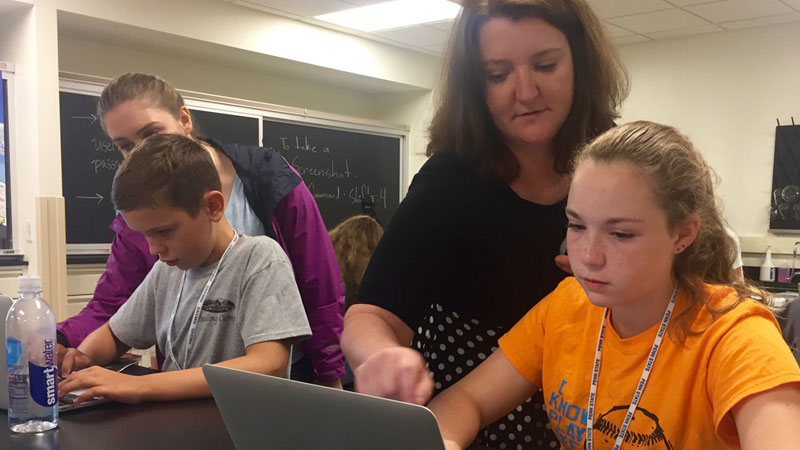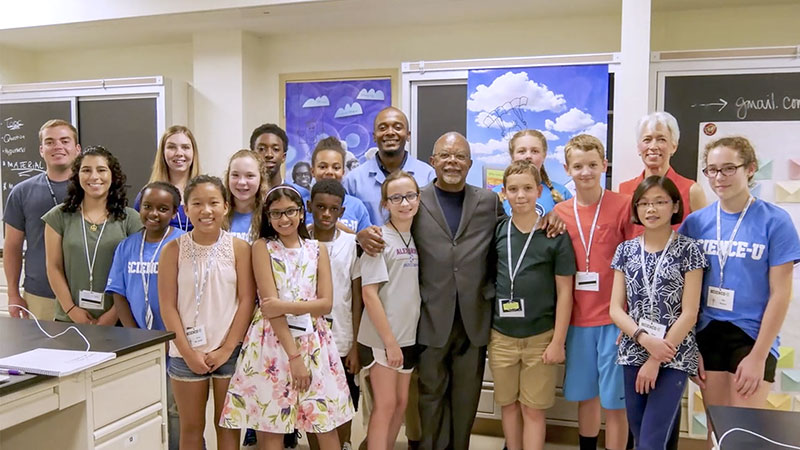For Teachers
“Over the course of the last three years, we have gone from the first few relatively small tests in summer camp formats to now deploying the curriculum on a broader scale and in regular classrooms. Now we are working to figure out how we’re going to do this from a practical standpoint and how we’re going to make teachers aware of this program and to bring it into their classrooms. This is a curriculum about personal involvement, not only of the kids themselves and their parents, but teachers and children together. So we really want teachers to learn about this and embrace the curriculum and then tell their colleagues about it.”
“This curriculum can be transformative on so many different levels. Kids understanding themselves, giving themselves a realized history that they could ground themselves and their family in, and then investigate themselves, study themselves as scientists and as scientific objects. This is one of these wonderful glowing orbs of possibility that contribute to the development of self-knowledge. Who am I? Who am I related to in my family and beyond, possibly thousands of years beyond? And then, what does this mean to me as a person in my life? They will realize they can discover all kinds of new information about themselves. They will know that they are actors in their own lives, empowered by the knowledge instilled in them. So we see nothing but goodness coming out of this.”
-Nina Jablonski, Co-Director, Evan Pugh University Professor of Anthropology, The Pennsylvania State University
Video Resources
Using DNA Test Kits
Challenges & Options for Young Genealogists
Talking about Race
Birth of Scientific Racism
Cross Curricular Team Teaching
Teachers Talk About the Curriculum
Final Project Examples
DNA Testing
There are many DNA testing companies available to you that provide genetic information. We recommend that schools and families choose companies with data sharing and privacy policies they feel the most comfortable with. Here are stated policies to seek out in whatever company you choose:
Privacy Guaranteed
- Guaranteed private, non-disclosed data
- Student/parent/guardian control of information
- No data sharing
- Samples de-identified prior to lab testing
- ISO/IEC 17025 Accredited
More Notes About DNA Testing
We understand that teachers, parents and caregivers have reason to be cautious. It’s possible to learn things about yourself from a DNA test that you don’t want to learn. In our camps we've minimized that risk by focusing the test on a very narrow set of non-threatening characteristics. For instance, the test results do not reveal disease carrier status or risk for any kind of disease.
And, to resist the temptation to reveal potentially upsetting information, you may not want to use a company that makes a test’s raw data file available. We recommend finding a DNA test kit offered for educational use only. One that narrows the focus of the test so that they don’t run analyses for potentially upsetting findings (like disease carrier status).
If a parent or a guardian does not want to run a DNA test for their child, it is fine to provide a set of case studies with an anonymous set of DNA test results. That way there is still an opportunity to engage with the material. We tested the use of case study data in our research camps with a control group of kids and found that they experienced gains and acquired new knowledge at the same rate as the kids who used their own genetic material.
Blog Posts with Conversation
Interesting posts with additional discussion threads surrounding some of the nuanced conversations that the curriculum will encourage.
Inspiration from the Camp
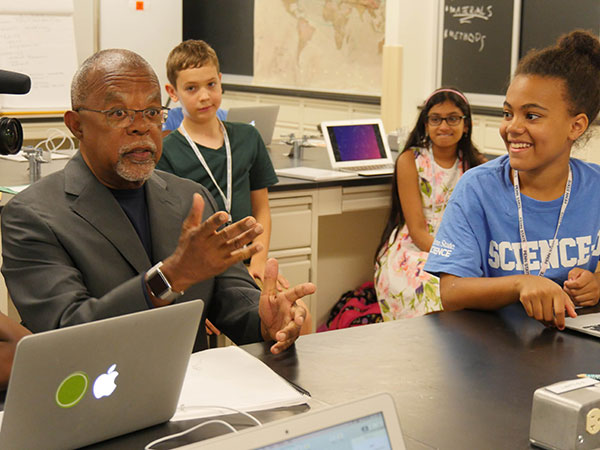
Dr. Henry Louis "Skip" Gates Jr educating and entertaining at the same time.

Dr. Henry Louis "Skip" Gates Jr Visits the Seedlings campers on the final day of camp.
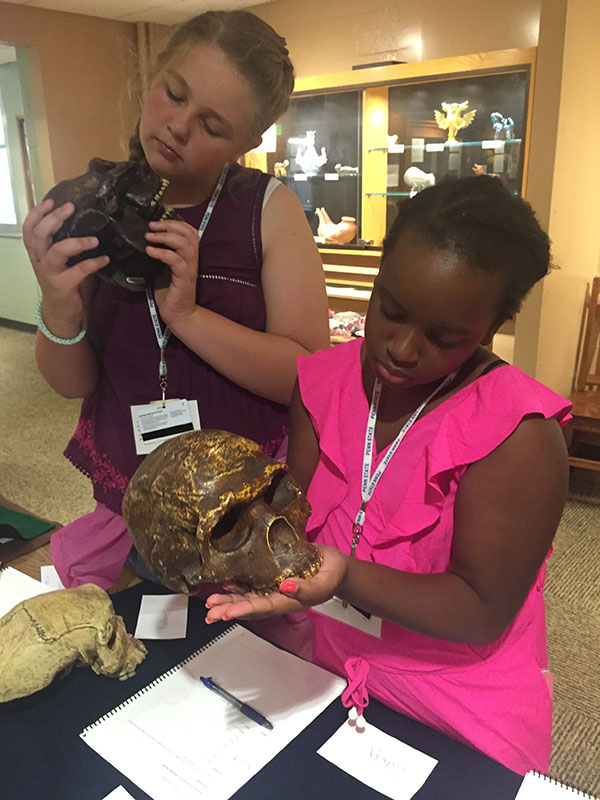
Finding Your Roots campers examine hominin skulls.
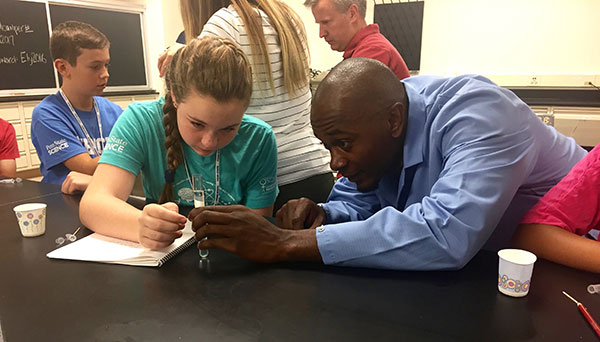
Instructor Brandon Ogbunu helps a camper see her own DNA.
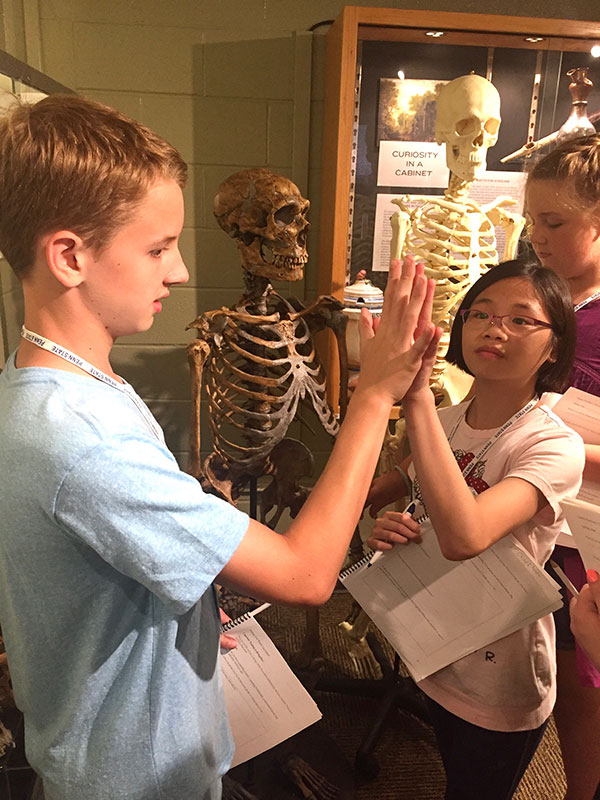
Finding Your Roots campers examine human & neanderthal skeletons.
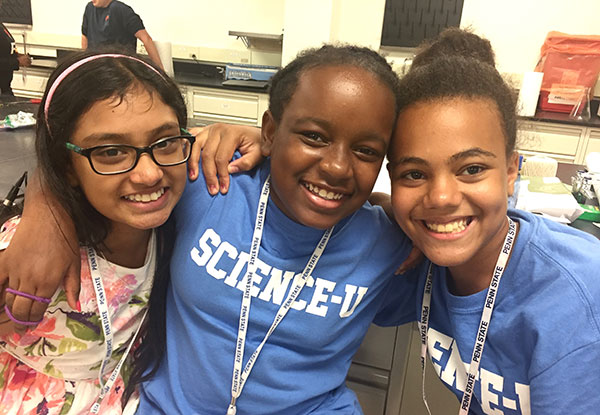
Finding Your Roots campers celebrate completion of their final project.

One of our Finding Your Roots campers walking home in Brooklyn.
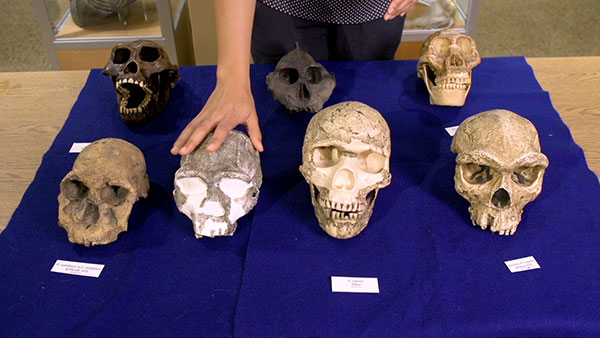
Hominin skulls in jumbled evolutionary order.
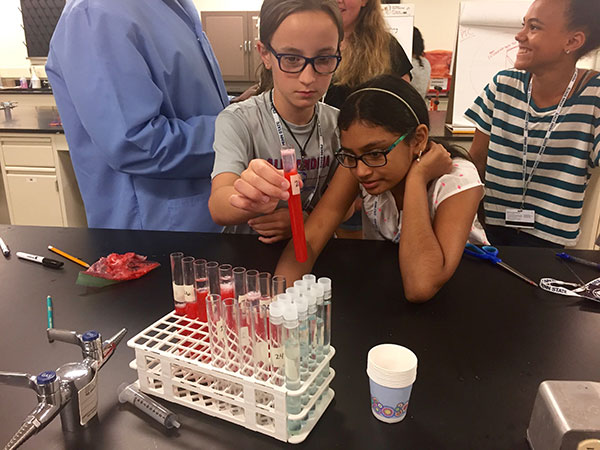
Students examining strawberry DNA.

New England Historic Genealogical Society Director of Research Services, Lindsay Fulton helps a student.
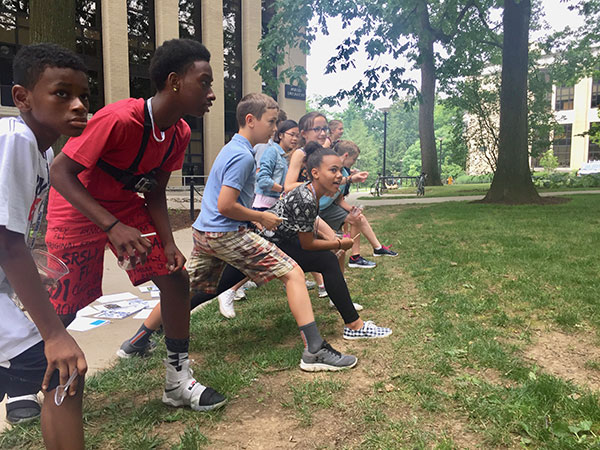
Campers at the starting line for a natural selection game.
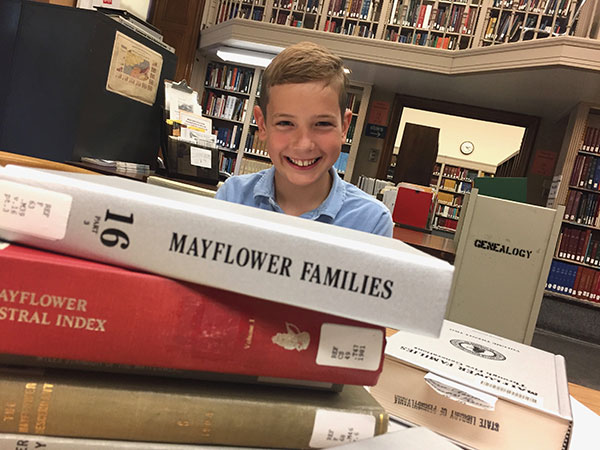
One of our campers identifies a Pilgrim ancestor.

Dr. Henry Louis Gates Jr and Dr. Nina Jablonski with the Finding Your Roots campers.


